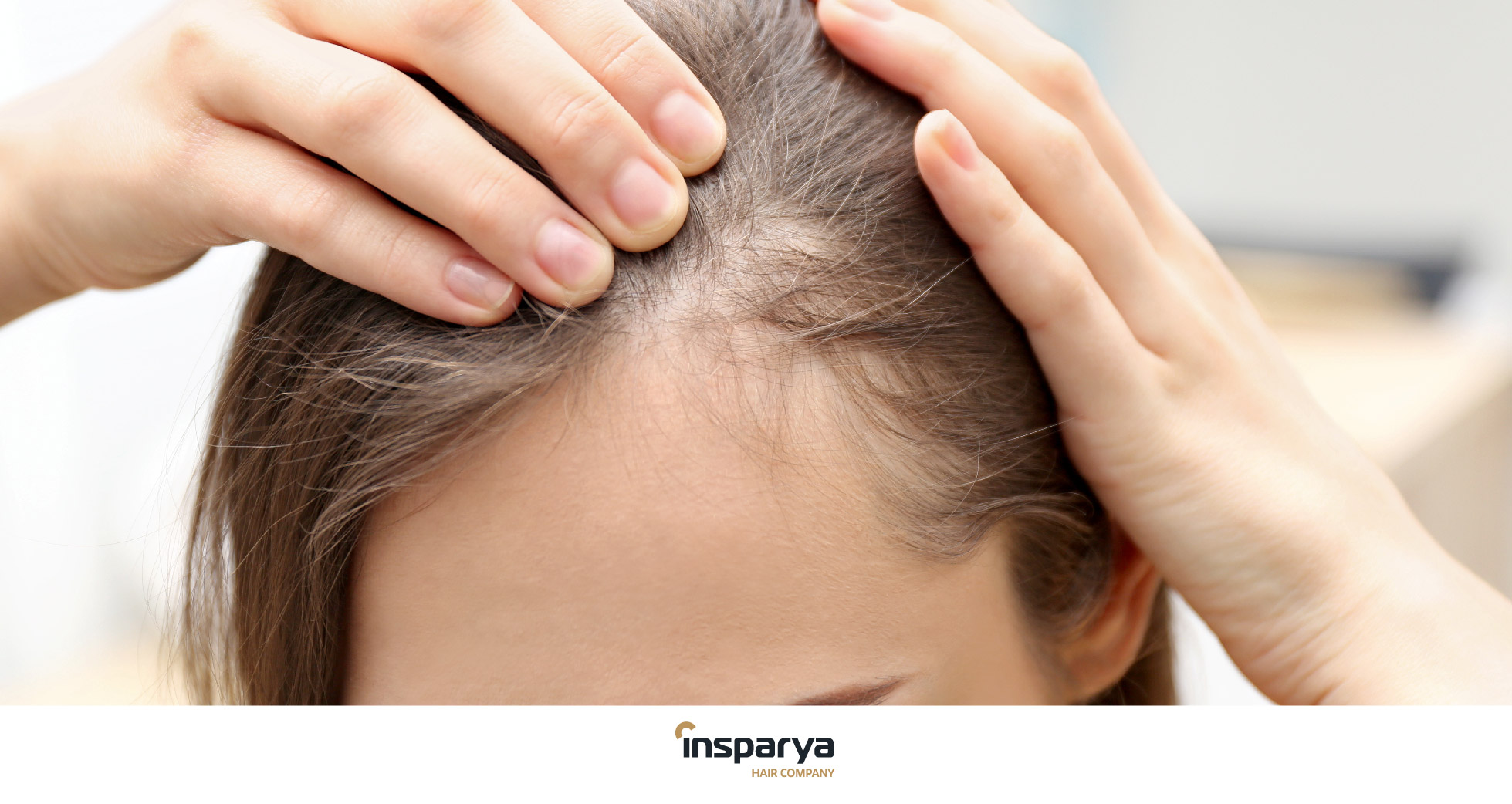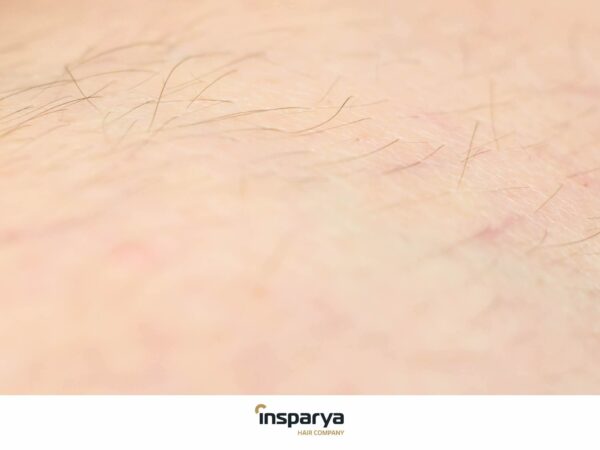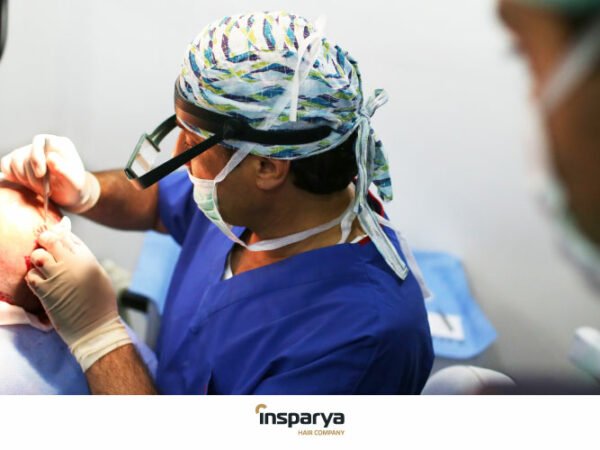
Relationship between diabetes and alopecia
We know that stress, an unhealthy diet and even changes in the hormonal cycle can affect the rate of hair growth. But to all this, we must add other factors, such as insulin and blood glucose levels, which can also alter the hair growth cycle.

How does diabetes affect the hair life cycle?
The hair growth cycle consists of three phases: anagen, catagen and telogen, during which the hair follicles grow, stagnate and then shed.
On average, it’s perfectly normal to lose between 100 and 150 hairs a day throughout the year. But some external factors can disrupt this cycle and lead to increased hair loss.
Diabetes is a disease caused by an irregular metabolism of glucose in the blood, which causes a series of symptoms, including abnormalities in hair growth. High glucose levels can end up damaging the blood vessels responsible for carrying oxygen and nutrients to the follicular units.
Without enough oxygen, the hair growth cycle can be disrupted, resulting in thin and brittle hair, with slowed growth. In other words, high glucose levels can slow down hair growth, so that it falls out faster than it can regrow. This results in a thinning of the hair fibre and a notable loss of density and volume.
Diabetes can trigger so-called telogen effluvium, an excessive weakening and hair loss in the telogen phase caused by the body’s inability to produce insulin. Diabetes can also increase the risk of developing alopecia areata, linked to an autoimmune reaction where the immune system attacks hair follicles in the scalp and sometimes other parts of the body. The loss occurs in the form of patches, although sometimes it does not completely destroy the follicular units, meaning that after appropriate treatment the hair can grow back.
How can you prevent hair loss caused by diabetes?
It is essential to keep glucose levels under control and maintain a healthy lifestyle. A balanced diet, regular exercise and stress management can help to naturally regulate glucose.
In other words, maintaining an A1C (haemoglobin test) level below 7% will improve your overall health and prevent additional complications from diabetes, including hair loss. A1C tests indicate the percentage of average blood sugar levels over the past three months. A level below 5.7% is considered normal.
In addition, hair, skin and nail supplements are some of the best ways to prevent hair loss due to diabetes. It’s important to eat enough essential minerals and nutrients such as biotin, vitamin A and folic acid. Biotin is a powerful nutrient responsible for boosting and strengthening the overall condition of the hair. Also known as vitamin B7 or vitamin H, it’s found naturally in foods such as peanuts, almonds, sweet potatoes, onions, eggs and oats.
To all this, you can add scalp massages to stimulate blood circulation. A serum can also be used to nourish and soften. This can be a pleasant routine that helps us control stress, which is key to preventing hair loss due to diabetes and improving general well-being.
If recommended by the specialist, treatment with Minoxidil can help prevent hair loss and stimulate hair growth. Similarly, hair treatments such as platelet-rich plasma (PRP), which harnesses growth elements from platelets in the patient’s own blood, can be useful. This procedure stimulates blood circulation to the hair follicles, which helps improve hair health.

Can diabetes medications cause alopecia?
There are some medications used in the treatment of diabetes that can cause hair loss, but it’s important to know that once diabetes is stabilised and the medication is advanced, that unwanted side effect usually disappears.
Also remember that when diabetes improves as a result of healthy habits and the most appropriate treatment, hair loss normally stops.
If you have diabetes and have noticed changes in your hair, contact Insparya now. Our medical specialists, experts in the diagnosis and treatment of hair health, will advise you free of charge and help you find the most appropriate solution.
Hair Loss Due to Diabetes Hair Growth Cycle Hair Clinic Diabetes Insparya Diabetes Medications Alopecia and Diabetes Hair Health Hair Transplant






